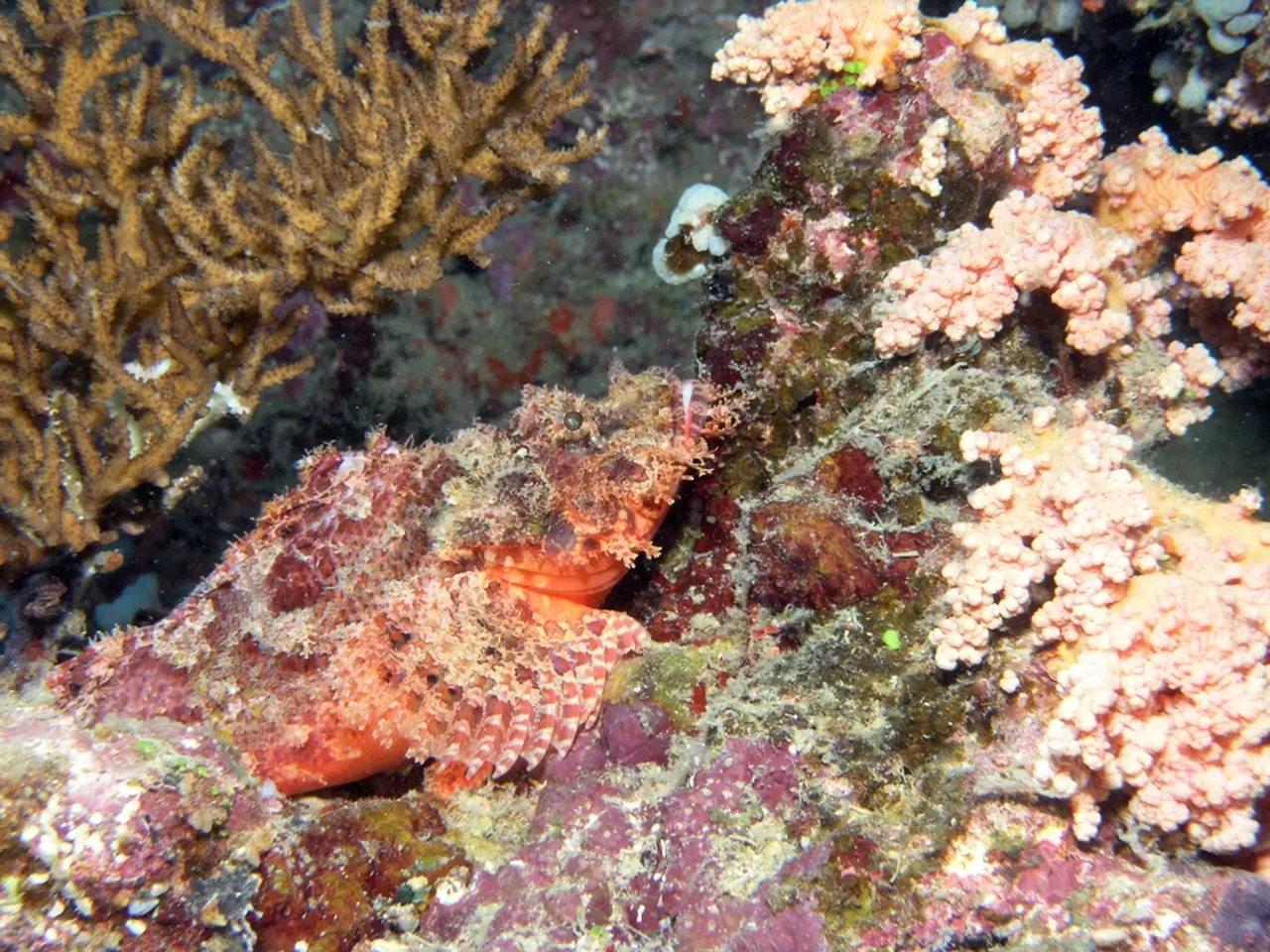The Role of Seaweed in Combating Global Warming
In the quest for a more sustainable future, seaweed emerges as a promising ally. This humble marine plant offers a multitude of benefits, from acting as a natural barrier to protecting coastal areas from nutrient runoff, to providing habitats for marine life.
One of the most significant advantages of seaweed is its role in nutrient cycling, a vital process for healthy ecosystems. Certain species of seaweed play a crucial role in maintaining balance in the water, contributing to the overall health of coastal waters.
Seaweed also contributes to coastal protection, acting as a buffer against storm surges and helping to stabilise shorelines. This natural defence mechanism can lower costs associated with disaster recovery and rebuilding, making it an economically viable solution.
In the realm of renewable energy, seaweed shows promise as well. Its biomass can potentially be converted into clean energy alternatives, contributing to the global shift towards sustainable power sources.
Sustainable agriculture also benefits from seaweed. It can be used as fertiliser to improve soil health and nutrient cycling, and as an eco-friendly alternative to synthetic fertilizers. Moreover, seaweed can be integrated into sustainable agriculture practices, allowing nutrients to be recycled effectively, enhancing soil conditions, and crop production.
Seaweed's unique properties could also play a role in addressing climate-related problems. For instance, it absorbs carbon dioxide through photosynthesis and converts it into biomass, a process known as carbon sequestration. This helps combat rising carbon dioxide levels in the atmosphere, a key contributor to climate change.
Biofuels can even be created from seaweed farms, providing an eco-friendly alternative to fossil fuels. Reducing our reliance on these harmful energy sources is crucial in the fight against climate change.
Moreover, biodegradable packaging made from seaweed can replace traditional plastics, reducing plastic waste and supporting ocean conservation efforts. Consumers' demand for sustainable products encourages innovation in packaging solutions, leading to a wider variety of biodegradable options available.
Seaweed also helps prevent harmful algal blooms that disrupt marine life. Developing seaweed farms can absorb excess nutrients in the water, reducing the likelihood of these blooms. This is particularly important as excessive algal blooms can reduce biodiversity and threaten marine life.
Marine biodiversity thrives in areas where seaweed flourishes, providing shelter and essential nutrients for various species. Healthy oceans contribute to coastal protection, which shields against natural disasters and promotes sustainable agriculture practices. Protecting coastal habitats contributes to sustainable agriculture, as healthy oceans yield better catches for local fisheries and markets.
Innovative solutions are crucial in the quest for sustainability, with renewable energy and eco-friendly packaging being key areas of exploration. Nations like China, Indonesia, and South Korea are leading the way in developing and implementing extensive seaweed farms contributing to carbon capture and marine ecosystem support.
In conclusion, seaweed offers a versatile solution for sustainability and ocean conservation. Its potential applications span from renewable energy to eco-friendly packaging, and from carbon sequestration to sustainable agriculture. As we continue to face the challenges of climate change, seaweed may just be the ally we need to create a more sustainable future.
Read also:
- Aiming to simplify the move towards cleaner automobiles, the newly established ministry plans to take direct action with Pannier-Runacher, Létard, and Vautrin at the helm.
- "The imperfect yet essential documentary, "Planet of the Humans," raises challenging and uncomfortable inquiries"
- Exciting Escapades of Tintin
- More than half of British homes adhere to insulation standards established during the 1970s.








